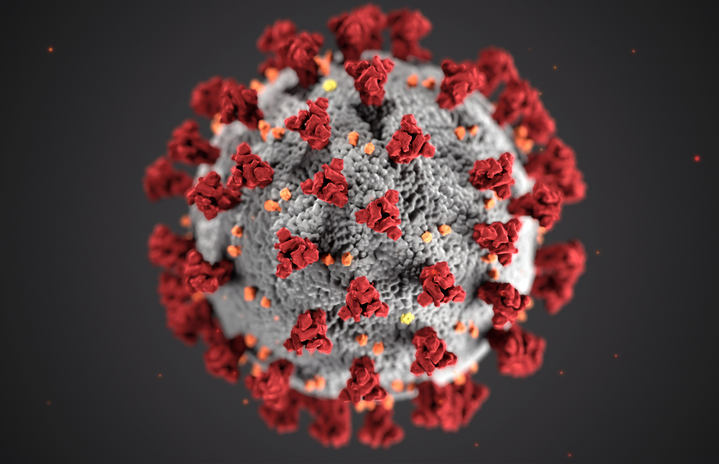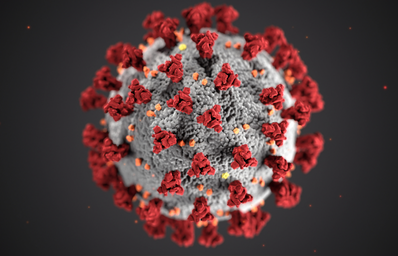Within the past few weeks, the coronavirus pandemic has become exponentially worse. Travel between countries has been banned, cities all over the world are on lockdown and individuals all over the world are losing their jobs. It seems almost impossible to try and find a silver lining between all of this. However, if you’re looking for something positive amidst all of the chaos to look at, according to scientists, the spread of this virus may be helping to decrease air pollution. And scientists are saying this may save more lives in the long term.
In February, Chinese domestic flights dropped by 70 percent. Along with that was a decrease in steel manufacturing and oil refinery output. This is estimated to have lowered the country’s carbon dioxide emissions by around 25 percent. In addition to this, nitrogen dioxide levels are much lower in China this year than the last. Between Jan. 1 and Feb. 25, the nitrogen dioxide emissions have dropped between 10 to 30 percent.
Fei Liu, an air quality researcher at NASA’s Goddard Space Flight Center, mentioned in early March, “This is the first time I have seen such a dramatic drop-off over such a wide area for a specific event.”
Scientists believed this reduction in pollution had to do with individuals leaving the country for holiday or Chinese New Year celebrations. But even after, the nitrogen dioxide emissions never rose.

According to Burke, “Given the huge amount of evidence that breathing dirty air contributes heavily to premature mortality, a natural – if admittedly strange – the question is whether the lives saved from this reduction in pollution caused by economic disruption from COVID-19 exceeds the death toll from the virus itself…even under very conservative assumptions, I think the answer is a clear ‘yes’.”
Burke also mentions how by a country having only two months of pollution reduction can save the lives of around 4,000 children under the age of five and 73,000 adults over the age of 70 in China. This is significantly larger than the current global death toll from COVID-19.
Additionally, Italy, another country under quarantine has also experienced some environmental benefits amongst the tragedy of the virus. The European Stace Agency stated that nitrogen dioxide levels have decreased by 10 percent since the lockdown in the region.

Want to see more HCFSU? Be sure to like us on Facebook and follow us on Instagram, Twitter and Pinterest!



